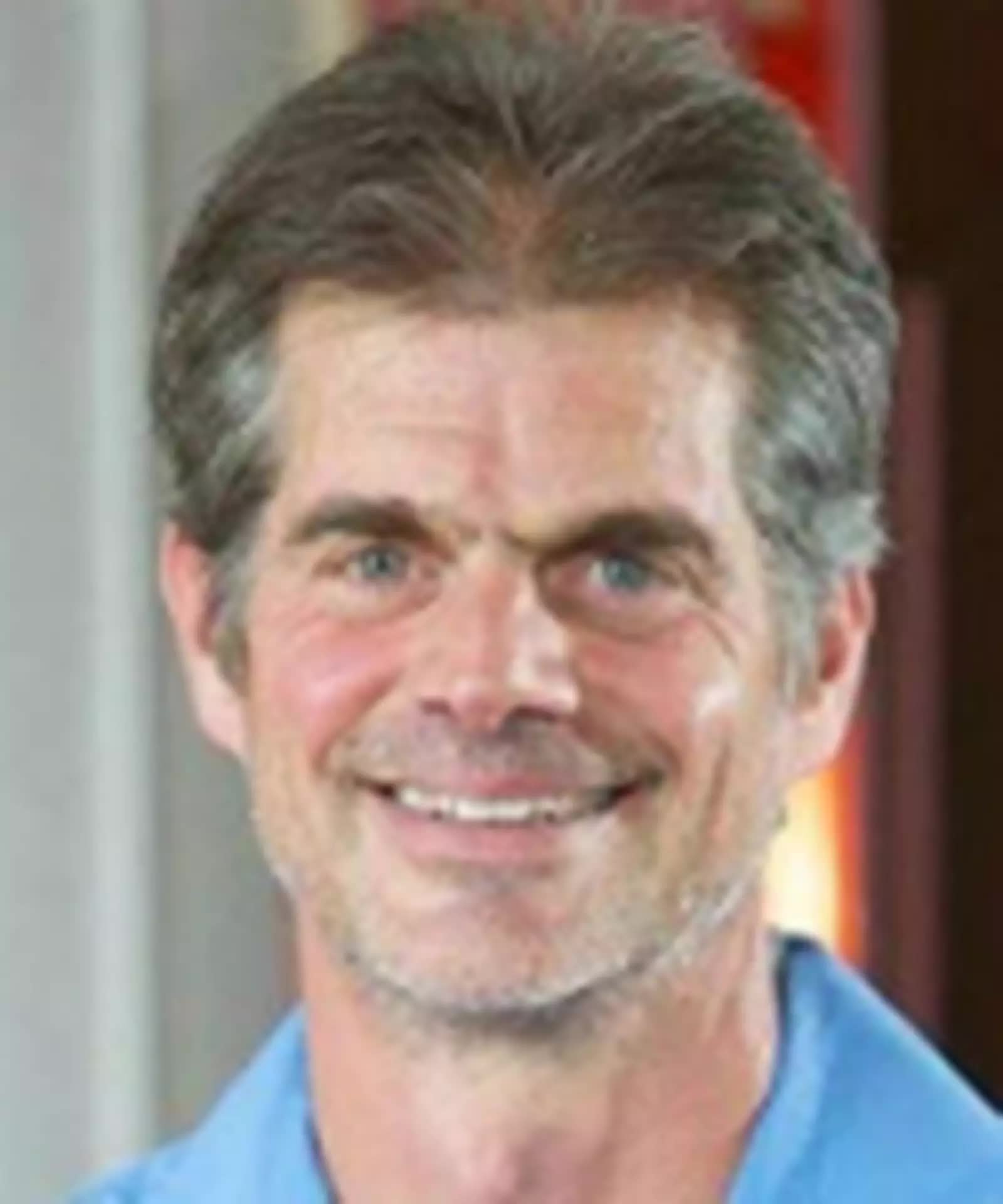What to Do When a Church Leader Struggles with Sexual Sin

For 30 years, Mark Denison was a senior pastor.
“Ministry was everything to me,” he says. “It’s what I did. It’s who I was. It was my life.”
For those 30 years, however, Denison had another life. A secret life. A double life. He was a sex addict.
He wanted to stop. He prayed that God would help him stop. And he did stop, hundreds of times. But each time, he was lured back into addictive behavior. He couldn’t commit himself to the full process of recovery.
His addiction was eating away at him – and his marriage and family – from the inside.
One Sunday, the inevitable happened: Denison’s wife found incriminating evidence on his phone. He confessed to her that he was a sex addict, and he “got serious” about recovering fully.
Like many sex addicts, Denison had endured significant trauma, including physical and sexual abuse, as a child. He had to forgive those who had abused him and curtail the influence of his past trauma on his present-day actions.
The recovery process was painful for Denison and his wife, but both found healing . . . and hope.
“Life was really good,” says Denison. “I was in recovery. Ministry was going well. Our marriage was good.”
Then Denison’s past was discovered by someone at church. Denison had to resign from his position, and his life began to spiral downward. What would he do professionally? Being a pastor was all he knew.
Many Pastors, Struggling Alone
How many pastors and other church staff members struggle with porn or have engaged in other sexually inappropriate behaviors? Finding reliable statistics is difficult, in part because church leaders are reluctant to admit sexual sins for fear of repercussions.
That was the case for Nick Stumbo. For his first five years as a senior pastor, he was trapped in a struggle with pornography. He was honest with his wife, but he told no one else because he was afraid of losing his job.
Stumbo believes that current porn struggles are significantly underreported, so he tends to look at reports of past struggles, too. In the landmark 2016 Barna study entitled The Porn Phenomenon, 57 percent of pastors reported that they had a current or past struggle with porn.
Some pastors who relegate their porn struggles to the past are actually fighting a “binge-purge kind of battle,” according to Stumbo. When a battle is in the purge stage, the pastor is likely to say that the struggle is over, even if no real change or transformation has occurred.
Even if a pastor has won a past battle, he may still feel shame about it, and that shame can affect how he performs aspects of his job, such as interacting with church members.
How Churches Respond. . . and Why
Church members, says Denison, often put their pastors on a pedestal and hold them to “impossible” standards. Pastors are not given “room” to admit that they struggle just as much as their parishioners.
Stumbo calls it an “arrival mentality" for pastors. “We assume, wrongly, that if a man or woman has been called and trained for ministry, maturity in all areas of life must be present,” he says.
But sexuality remains underdeveloped and immature. “For 99.9 percent of pastors, no one has discipled or led them into a godly way of using sexual maturity,” says Stumbo.
Without the necessary discipleship, pastors can struggle in the sexual arena. If they fail there, their congregation may be shocked and appalled.
The most common response is to declare the pastor disqualified or unfit to lead and remove him. That action may be necessary in some situations due to the severity of the behavior, says Stumbo. Ideally, the pastor then will devote his full energy to getting the treatment he needs to get healthy.
Unfortunately, most churches have no plan for redemption for the pastor. Such churches offer the pastor no assistance in getting treatment and don’t follow up with him. When church members who struggle with undesirable sexual behavior observe this, they conclude that sexual sin is a taboo in the church, and they stay in isolation and shame.
When the congregation does not know about a pastor’s sexual indiscretions, other leaders in the church may attempt to sweep the issue under the rug. “The message to the pastor is, ‘Just keep quiet about it and try not to do it,’" says Stumbo.
What churches should do, according to Denison and Stumbo, is treat sexual sins as serious sins but offer leaders, and others, a robust plan of grace and recovery. But only seven percent of churches have such a plan or ministry in place.
So, what should church leaders do if they struggle with sexually inappropriate behaviors?

Photo Credit: ©GettyImages/B-C-Designs
What Pastors Should Do. . . and Not Do
Don’t try to overcome the addiction or struggle on your own, Denison advises. But be careful not to tell the wrong person about your struggles. While you need to be “fully known,” your process of disclosure must be carried out carefully.
Stumbo agrees, advising pastors against widespread sharing of their story before they are on the path to recovery. Even a small group is not the right place for a process that will involve raw, messy emotions. “If you over-share and confide in others who are not trustworthy,” he says, “your situation can get very complicated very fast.”
Also avoid dumping on your spouse. While being completely honest with your spouse is the only way to rebuild lasting trust, you should begin difficult, sincere recovery work before you get into the details of your past behavior.
“When we are stuck in any kind of sexual sin, we are blind to the amount of rationalization, minimization, and denial that affects our thinking,” says Stumbo. Both you and your spouse need counsel, support, and a recovery process specific to your needs. When you heal together, your marriage is likely to become stronger than it ever was before.
The first thing you should do, says Denison, is to contact a professional “who has been there.” After being dismissed by his church, Denison earned a Masters degree in Addiction Recovery, became a certified Pastoral Sex Addiction Professional, and founded There’s Still Hope, which offers recovery and restoration services. Half of Denison’s clients are pastors.
If you don’t know a professional, then Stumbo recommends starting with a trusted friend who can offer you complete confidentiality as you tell your whole story. Next, find a professional counselor trained in sex addiction and recovery, such as a Christian Certified Sex Addiction Therapist (CSAT).
Denison and Stumbo agree that, once you have a counselor, you need a community of peers, such as a weekly recovery group, or you are likely to stay stuck in your isolation and shame. Other men or women can become your lifeline to lasting change and true vulnerability.
“Prioritize your healing, no matter what it takes, and God will lead you from there,” Stumbo says.
Is Your Career as a Pastor Over?
Stumbo and his wife were on the brink of divorce when district leaders in his denomination saw a compelling presentation by Dr. Ted Roberts, founder of Pure Desire Ministries.
After the presentation, the leaders made it clear that they wanted to help pastors who struggled with pornography find freedom and stay in ministry. “It was a beautiful and unheard of offer,” says Stumbo.
Overcoming his pride and denial, Stumbo began meeting with counselors at Pure Desire, while he continued in his role as senior pastor. After Stumbo overcame his addiction, his church launched a Pure Desire group ministry for men and women in the community.
Even though Stumbo eventually left his church to become Executive Director of Pure Desire, he continues to believe that churches can be places of healing for all people – including pastors – who struggle with sexual sexually inappropriate behaviors.
After he was dismissed from his church, Denison never returned to the role of pastor. He found and pursued a new calling at There’s Still Hope. But he maintains that being dismissed as a pastor doesn’t have to spell the end of someone’s pastoral career.
A lot depends on the theology, tradition, and approach or your church or denomination, he admits. He encourages churches to think redemptively, arguing that nothing tells a better story of grace than for a pastor to be forgiven and restored, even if he does not return to the pulpit.
If a dismissed pastor does become a pastor again, then the role may be different. “For example, you may consider launching a recovery church for others who struggle,” says Denison.
Photo Credit: ©GettyImages/urbazon

Originally published April 14, 2023.





